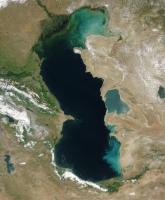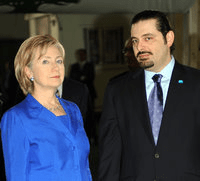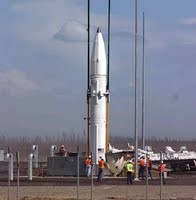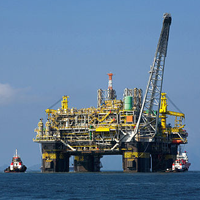
On Oct. 17, Iranian border guards clashed with drug traffickers on the wild Iran-Afghan frontier and subsequently seized 331 lbs of narcotics contraband. The incident would be just one of many such skirmishes that take place every week, were it not for one difference: The seized drugs were not the usual suspects of Afghan opium and hashish, but rather synthetic drugs, highlighting alarming changes to the Southwest Asian narcotics industry. Synthetic drugs, such as potent crystal meth (called “shisheh,” or “glass” in Farsi), LSD and various forms of refined heroin (including a smokable, condensed-rock form referred to locally as “crack”) […]





